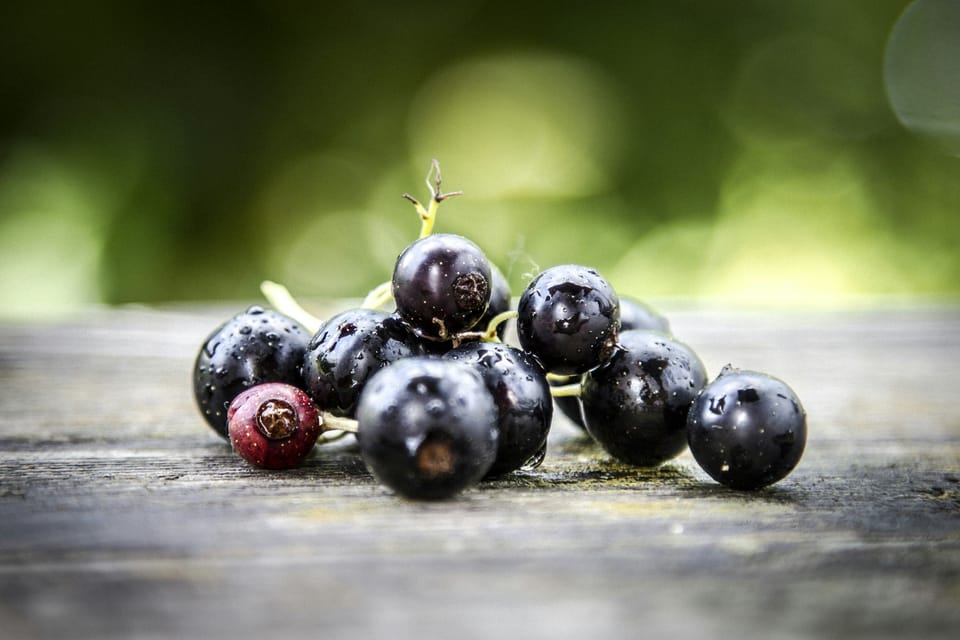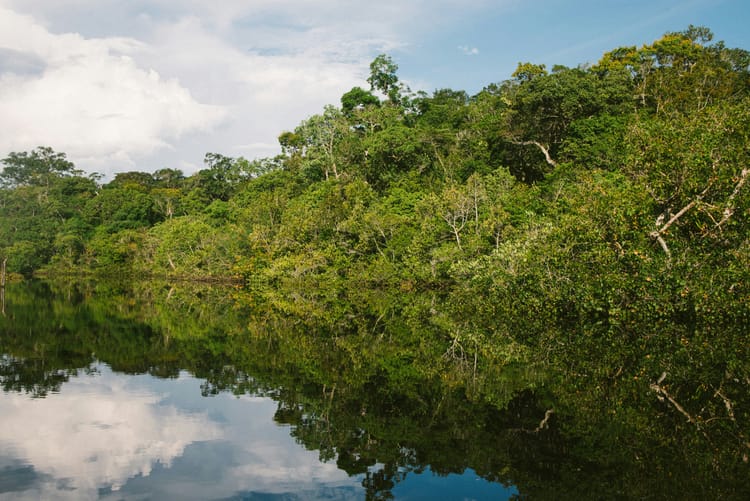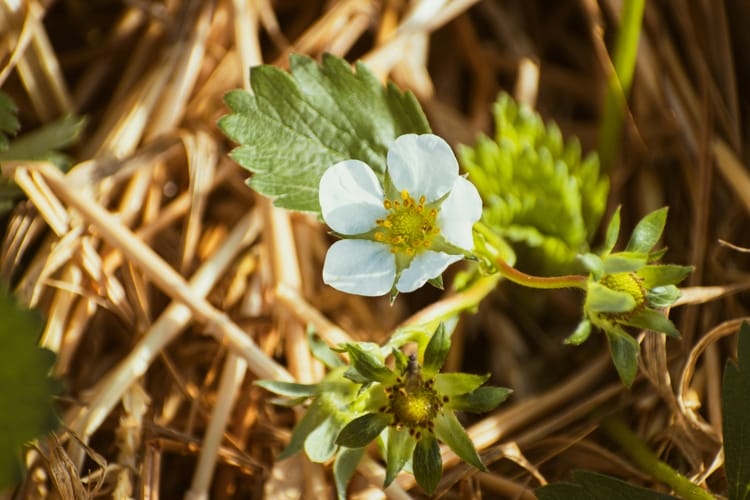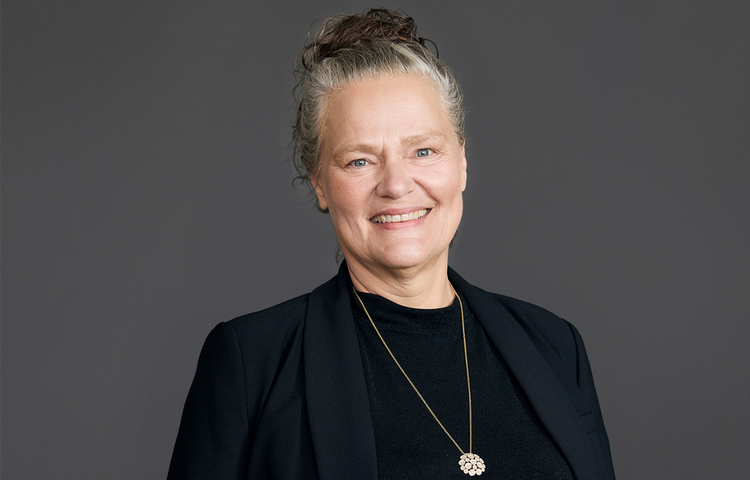Ribena owner Suntory invests nearly £1mn in climate-resilient berry production
Changing weather patterns have made berry production more unpredictable.

Suntory Beverage & Food Great Britain and Ireland (SBF GB&I) is investing nearly £1 million to develop climate-resilient varieties of berries to make its famous blackcurrant drink Ribena.
The company has said the £920,000 investment will be made over the next five years to continue an existing blackcurrant breeding programme with the James Hutton Institute – which seeks to develop new varieties of berries resistant to extreme weather, pests and diseases in the face of growing climate challenges.







